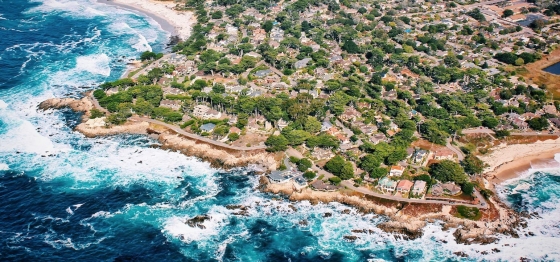Trenton (NJ) Weather and Climate: A Comprehensive Guide
Trenton in New Jersey lies in the transition from a humid subtropical to a warmer humid continental climate The four seasons are about the same length, with precipitation evenly distributed throughout the year. Real extremes in temperature are very rare. On average, around 1200 mm of precipitation falls each year.
Average maximum day and minimum night temperature
Depending on the time of the year, temperatures range from very warm to chilly in Trenton. On average, daytime temperatures range from a very warm 31°C in July to a chilly 5°C in January.
Nighttime temperatures can drop, with average lows reaching -5°C in January. Check out our detailed temperature page for more information.Temperature ranges by month
Precipitation and rainy days
Trenton has a relatively rain/snowy climate with high precipitation levels, averaging 1217 mm of rain/snowfall annually. The amount of precipitation varies moderately throughout the year. The wettest month, December, sees around 125 mm of rainfall, perfect for those who enjoy a bit of rain now and then. The driest month, February, still receives a respectable 73 mm of snow/rainfall.The mean monthly precipitation over the year, including rain, hail and snow
Sunshine over the year
In Trenton, summer days are longer and more sunny, with daily sunshine hours peaking at 9.0 hours in July. As the darker season arrives, the brightness of the sun becomes less. December sees a soft sun for only 4.7 hours per average day. Visit our detailed sunshine hours page for more information.Monthly hours of sunshine
Daily hours of sunshine
almost clear and no rain partly cloudy and no rain partly cloudy and snowForecast for Trenton (NJ)
The best time of year to visit Trenton in the United States of America
During the months of May and September you are most likely to experience good weather with pleasant average temperatures that fall between 20°C and 26°C.Other facts from our historical weather data:
The hottest season / summer takes place in June, July, August and September.
July has an average maximum temperature of 31°C and is the warmest month of the year.
The coldest month is January with an average maximum temperature of 5°C.
December tops the wettest month list with 125 mm of rainfall.
February is the driest month with 73 mm of precipitation.
July is the sunniest month with an average of 269 hours of sunshine.
No idea where to travel to this year? We have a tool that recommends destinations based on your ideal conditions. Find out where to go with our weather planner.




